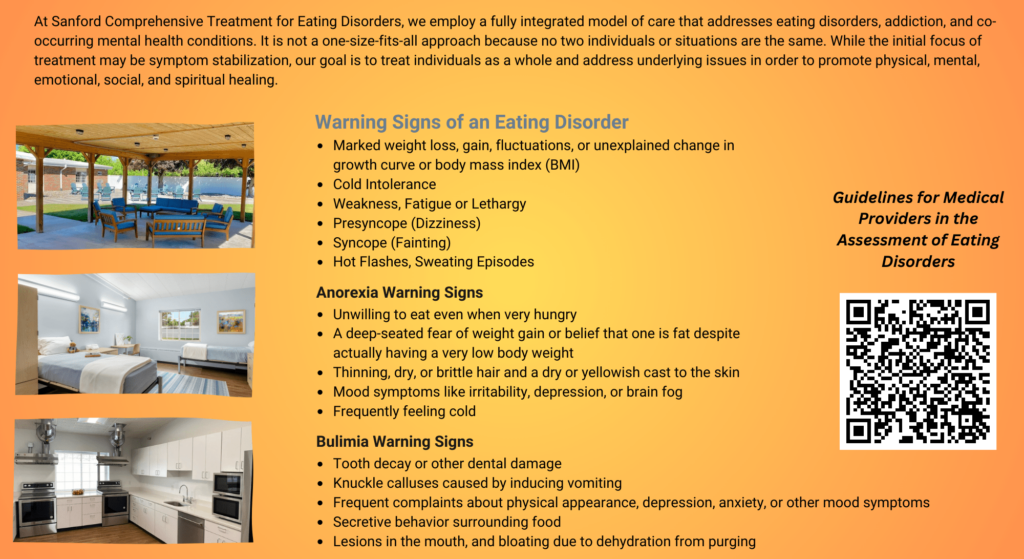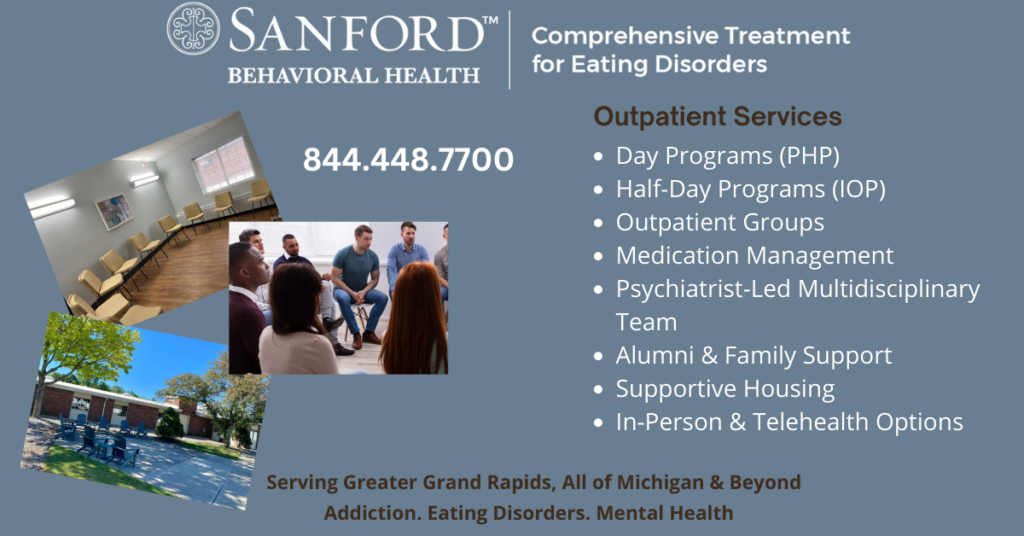The Double Stigma of Men and Eating Disorders

There is a strong cultural bias, so men tend to seek treatment for eating disorders in fewer numbers than women.
According to the National Eating Disorders Association (NEDA), 6.6 million males in the U.S. will be affected by an eating disorder at some point in their lives. Like their female counterparts, men and boys across all demographics and cultures are affected by eating disorders. However, males diagnosed with eating disorders have a double stigma to contend with. Most people identify those with eating disorders as female, so males consider it a “feminine disease” they can’t have. There are also misconceptions about disordered eating in males because the preferred and expected body type is lean and muscular.
The Double Stigma of Men and Eating Disorders
Indeed, women are pressured into a specific type of accepted and preferred body type, but this is also true for men and boys. And because of the expectation that eating disorders are predominantly a female condition, the assessments that have been created are geared toward women. The language is geared toward women and girls.
Medical and Psychiatric Assessments
This communication gap is often evidenced in medical and psychiatric assessments. It is essential to ask questions that uncover inordinate attention to weight, shape, and size. If, for example, a male-identifying individual comes to Sanford Behavioral Health with a substance use disorder, we also ask questions that uncover disordered eating. What is influencing this person’s relationship to body size and food? Is it environmental or cultural? What role does the family play?
There is a strong cultural bias, which means men tend to seek treatment for eating disorders in fewer numbers than women. This is where we can have a discussion rather than an impersonal assessment. The benefit of having an eating disorder treatment center under the same roof as an addiction treatment center is the coordinated effort. A co-occurring mental health facility is more inclined to discern the type of disorder that’s taking place in a particular individual, no matter how hidden or under-reported.
What Causes Eating Disorders in Men and Boys?
We know that one early factor that causes eating disorders in males is sports. We still have an issue with certain sports where you must “weigh in.” But there is also the pressure for our young boys to think they must have a more masculine look earlier than their development warrants. So, the pressure of performance and perfectionism in our boys happens very early. Why? Because they are looking for inspiration in professional and college sports. However, they are looking at men who are already developed and want to look or perform similarly.
So, when we give statistics and generalize, I always go back to the fact we have to dig deeper and find out what is important to that person. If we do that, we will quickly find out what is driving the eating disorder.
One of the things that we tend to see in boys and young men who are developing eating disorders is a tendency to over-exercise. Over-exercising goes together with binge eating, purging through vomiting, purging through laxatives, and fasting diets. And that is what is critical about attention to meals with eating disorders. As a society, we normalize eating disorder behaviors in males more than we do in females. We don’t take them as seriously. Picture a bunch of guys sitting down watching football. Seeing them gorging on chicken wings, beer, and heavy, greasy food wouldn’t be surprising. At the same time, they may be engaging in several types of purging behaviors to meet the body ideal.
Warning Signs and Hours in the Gym
The warning signs of an eating disorder are a preoccupation with one’s musculature—hyper-vigilance with weight, appearance, body checking, weighing, and over-exercising. Of course, these are many of the same things we look for across genders. I have said it before – not every person (or athlete) has to look the same. The problem with me saying that is the expectation of a performance level. For example, if you are being raised for that scholarship, for that hope and dream of becoming professional, the drive to engage in those behaviors, and the lack of recognition of eating disorders in males is going to drive the numbers.


Our boys and men are also spending hours in the gym. Alarmingly, we see co-occurring issues with eating disorders and anxiety, depression, and high rates of substance use disorder. Stimulants and steroids are used to enhance performance. So, we have to connect and offer programs for athletes of all levels and ages to treat eating disorders. We must instill not only in our young girls but also in young men that appearance is an expression of individuality. We need to look at the whole person. The goals are moving your body and enjoying life but not having a preoccupation with being lean and muscular simultaneously. It is a movement – and it will likely take males within the field to start talking about it.
What this all comes down to for our young men is self-esteem. They are trying to build their self-esteem through harmful habits. Working out is considered “conditioning,” which is supposed to be positive.
Sanford Comprehensive Treatment for Eating Disorders (Sanford CTED)
At Sanford CTED, we have programs for male-identifying individuals who suffer from an eating disorder. This includes day programs, half-day programs, and supportive housing for those who need 24-hour supervision. This also allows our clients to sit with other male-identifying folks and discuss their feelings, building community and friendship.
In our process groups, we discuss that eating disorders do not discriminate. We let male-identifying clients know this is not a female disease, and men and boys who suffer from an eating disorder deserve treatment as well. We also focus on the Health at Every Size or HAES approach. It underscores the idea that we must respect everyone and recognize all cultures and genders.
Doing a Better Job of Supporting Males With Eating Disorders
At Sanford CTED, we do an excellent job of supporting males with eating disorders so they can receive a proper diagnosis and evidence-based care.
- We have a psychiatrist-led interdisciplinary team and the ability to address co-occurring disorders under one roof.
- Key staff members (including founders Rae and David Green) are conversing with medical providers in the community.
- All levels of employees receive eating disorder awareness training.
- Our clinical liaisons, founders, and medical providers offer presentations at schools, family centers, therapist training, and CEU events.
- Sanford hosts professional gatherings to spread the word.
- We write articles on our Excursions blog that educate and provide guidance to parents and loved ones.
- All levels of the Sanford Behavioral Health team understand that words matter.
- Sanford CTED’s alums and family programs offer long-term support.
- We work with families without judgment or guilt to build a recovery-friendly home.
- And last but not least, we use social media to enlighten, educate, and change the narrative.
For more about our programs, please click HERE or call 844-448-7700.
What Can We Do as Individuals, Parents, and Society?
If we can raise consciousness and awareness in our community, it will go a long way to help families and individuals navigate mental health challenges. At Sanford CTED, we want to help people understand, recognize, acknowledge, and validate that size diversity is a positive. We directly address the double stigma of eating disorders for men and boys. As parents, we can ask ourselves (and our children), “Is this overall a physically and psychologically healthy thing for my child to be doing?” As adults, we can remind ourselves that physical appearance does not determine success. Our mindset is what determines how we live and feel.
The normalcy of restricting foods has been so ingrained in our culture. Dieting is a “normal” thing. As a society, we have to keep the conversation going. We must interrupt those automatic beliefs because they are not valid.
If you or a loved one is struggling with addiction, eating disorders, or co-occurring mental health conditions, don’t wait to change your life – click the link below and get in touch today.




